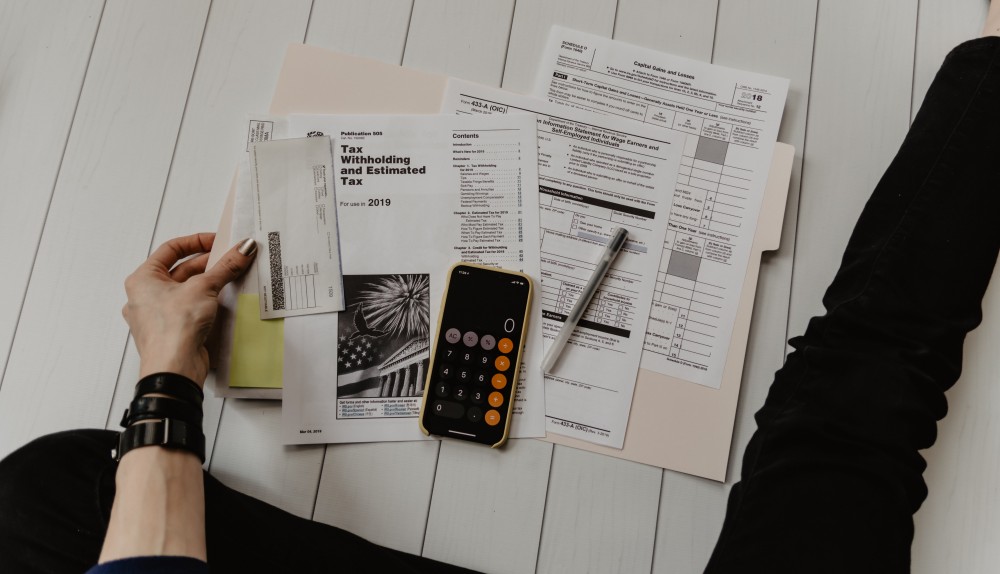Many businesses across the Hunter are either closing their doors or operating at a reduced capacity.
This has led to thousands in the region being either unemployed or underemployed.
Financial uncertainty is at an all-time high, regardless of whether people have lost their jobs. I have compiled a list of tips on how to prepare and protect your finances:
Defence – If employed or a self-funded retiree
Cut down your spending, pay down your debts and give yourself a cash buffer. If your industry is lucky enough not to be currently affected by the coronavirus lockdowns below are some defensive tips.
- Increase your cash reserves
Start putting some money away if you can. If you already have an emergency pot of cash, well done. If you don’t, start building one now.
I encourage clients to have enough money to cover six months of basic living expenses as their emergency fund.
The emergency is already here, but the advice is to continue saving if you can. It is not known how long this virus will affect the world, or how long you may or may not keep your job.
- Get on top of your short-term debt
History shows that during a recession or financial crisis, the people who fare worst are those who have excessive debt.
There are a number of strategies you can use to reduce your debt spelled out in my Debt Reduction guide.
Consider using a high interest focus approach, whereby you start paying off liabilities that have the highest interest first.
Once you have cleared that, move onto the next most expensive, and then the next, while still making the minimum monthly repayments on any other types of credit you have.
- Defer large purchases and review your expenses
Focus and prioritise your needs, avoid and defer any large scale wants.
When we live in such uncertain times focus on the essentials which is easier than usual as we are encouraged to stay home.
- Decrease your self-funded pension
The Government had temporarily reduced the superannuation minimum draw-down requirements for account-based pensions and similar products by 50 per cent for 2019-20 and 2020-21.
This measure will benefit retirees by providing them with more flexibility as to how they manage their superannuation assets.
- Don’t panic & don’t sell
Fear is our greatest enemy and will not help you, your family or your portfolio. Remain calm.
The world has been through challenging times in the past and has recovered. Likewise, so have economic markets. Avoid selling, otherwise you will turn your paper losses into real losses and lock yourself out of any market recovery.
Defence – If unemployed
If you recently became unemployed here are some tips on how to get through these difficult times:
- Job Seeker Payment (formerly known as Newstart Allowance)
The Federal Government has affectively doubled the Newstart allowance to $1100 per fortnight for the next six months, they have waived the asset test and the waiting periods.
Apply online via myGov as soon as you become unemployed, as payments will be backdated from date of application.
- Early Release of Superannuation
The Government will allow individuals in financial stress because of COVID-19 to access up to $10,000 of their superannuation in 2019-20 and a further $10,000 in 2020-21.
I would like to stress that this should only be used as a last resort drawing money out now is the worst possible time and will significantly impact your future account balance when markets rebound. Nevertheless, you must be able to live, eat today and worry about tomorrow later.
Further information can be found here.
Offense – Take advantage of the opportunities
- Look for investment opportunities
Whilst buying low and selling high is the goal, we will never know the optimal time to invest, it is difficult to predict the bottom.
Therefore, it is important to be level-headed. I would urge you to only invest money you do not expect to need in the short term, and ideally much longer. Do not let fear drive your decision making, do not panic.
If you have the time to look around there are (potentially) many opportunities. A more conservative approach may be to drip feed money in, taking advantages of any dips, rather than throwing in a single large sum, which leaves you vulnerable to the next sell-off.
- Review your portfolio
Businesses are hurting, some are in big trouble. We will beat this virus, we will recover and with it so will the economy, businesses, and jobs.
However, the recovery will likely not be balanced. Your investment portfolio must take this into account. Quality businesses with strong balance sheets and low debt are likely to do much better than the reverse.
- Get advice
Now is the time to reach out to a financial planner. Making ill-informed decisions now can have a long-lasting impact to your future.
This article is an excerpt from “Steps to Prepare and Protect Your Finances During the Coronavirus Recession”.





